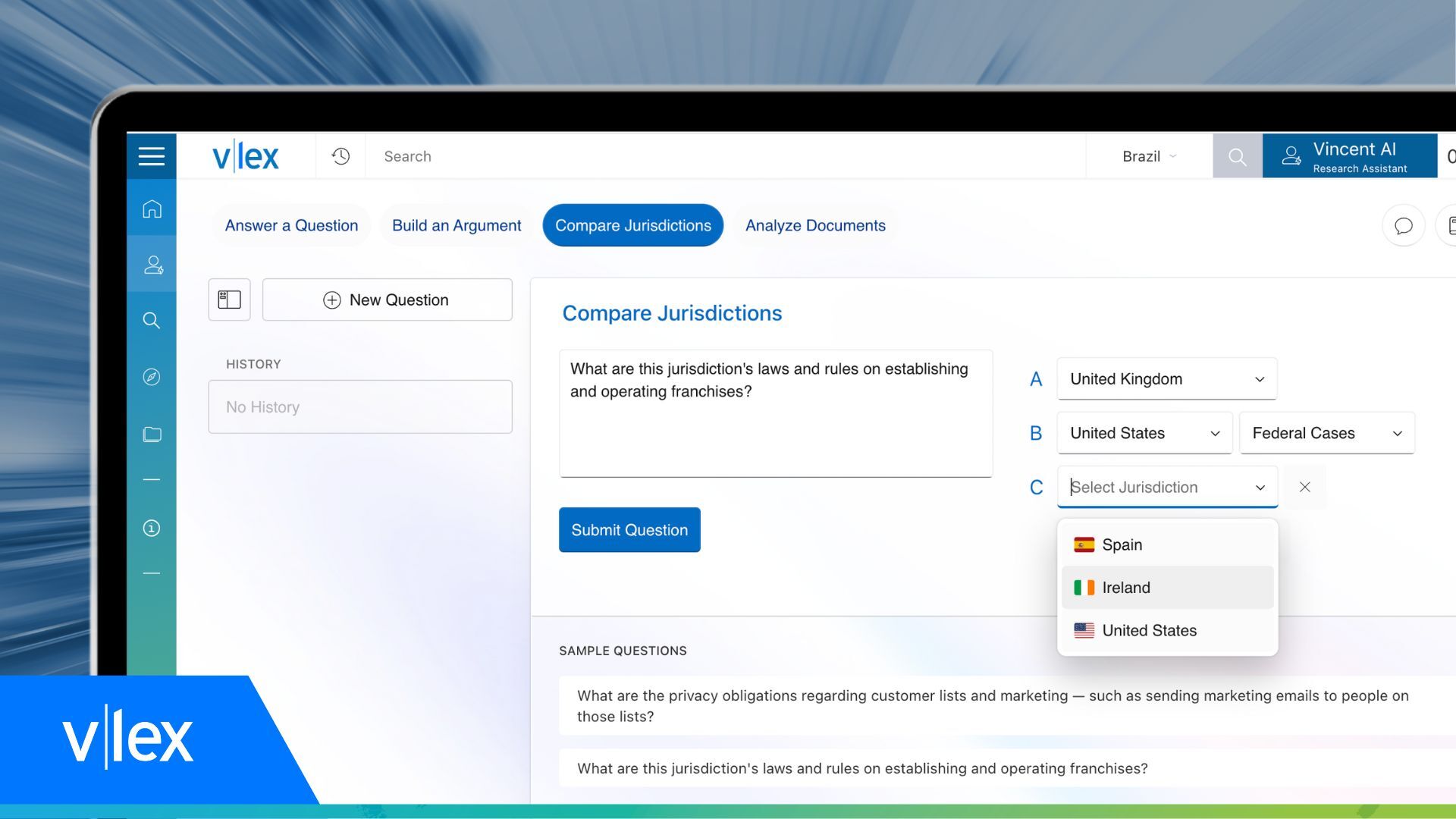Chemerinsky: Conservatives' victories in key cases are a harbinger of what is to come

Erwin Chemerinsky
A dramatic U.S. Supreme Court term, filled with blockbuster decisions, was overshadowed by Justice Anthony M. Kennedy announcing his retirement immediately after the court released its last ruling. Simply put, a bad couple of weeks for liberals got a lot worse, while it is a time for conservatives to be jubilant.
Conservatives won virtually every major U.S. Supreme Court case decided during the 2017 October term. Kennedy leaving the court and likely being replaced by someone even more conservative, makes this term the harbinger of what is likely to come for a long time.
I cannot think of another term since October 1935 in which conservatives prevailed in so many important cases during a single term. One reflection of this is found by looking at the 5-4 decisions. There were 19 5-4 rulings out of 63 decisions this most recent term. Kennedy voted with Chief Justice John G. Roberts Jr. and Justices Clarence Thomas, Samuel A. Alito and Neil M. Gorsuch in 14 of them. He voted with the liberal justices–Ruth Bader Ginsburg, Stephen G. Breyer, Sonia Sotomayor and Elena Kagan–zero times. A year ago, in the ideologically divided cases, Kennedy was with the liberals 57 percent of the time. Two years ago, Kennedy was the key vote to uphold the University of Texas’s affirmative action program and to strike down key provisions of Texas’s restrictive abortion law.
Sometimes the court ruled broadly; at other times narrowly. But almost always, it was in the directions that conservatives preferred. Here are some of the major cases of the term and what they are likely to mean:
TRAVEL BAN
President Donald Trump initially promulgated the travel ban by executive order on Jan. 27, 2017. It suspended immigration from seven countries for a period of 90 days and suspended the refugee program for a period of 120 days. It had an exception to those who were from minority religions in these countries. The seven countries shared three things in common: All were more than 90 percent Muslim, Trump had no economic investments in any of them and none ever had been linked to terrorist activity in the United States.
After a federal court of appeals invalidated the travel ban, Trump issued a new executive order: It suspended immigration from six countries (Iraq was taken off the list) for 90 days and the refugee program for 120 days. It did not have an exception for those of minority religions in these countries. After two federal courts of appeals declared this unconstitutional, the Supreme Court granted review. But the time periods expired before the court could hear the case and the matter was dismissed as moot.
President Trump then issued a third version of the travel ban by executive proclamation. This suspended immigration from eight countries: North Korea, Venezuela and Chad were added to the list, likely to make it seem that it was not a Muslim ban. The 9th U.S. Court of Appeals at San Francisco struck this down as violating a 1965 federal law which prohibits discrimination in issuing visas based on race, religion, sex, national origin or country of residence. The 4th U.S. Court of Appeals at Richmond invalidated the travel ban as impermissibly discriminating on the basis of religion.
The Supreme Court, 5-4, divided exactly along ideological lines, reversed these courts and upheld the travel ban. Roberts wrote for the court. The greatest significance of the case is in the court declaring that there must be great judicial deference to the president in immigration policies and that his actions will be upheld so long as they are supported by a conceivable legitimate purpose. In this way, the court made irrelevant all the statements by Trump and his advisers of the desire for a “total and complete shutdown of Muslims entering the United States.” The government’s claim of a national security justification is all that mattered, even in the absence of any evidence linking the designated countries to terrorist activity.
It is important that the court said that only rational basis review is to be used for reviewing presidential decisions as to immigration. The government rarely loses under rational basis review.
FIRST AMENDMENT
Three cases involved whether the government was impermissibly compelling speech in violation of the First Amendment.
In Masterpiece Cakeshop v. Colorado Civil Rights Commission the court ruled in favor of a baker who refused to design and bake a cake for a gay couple’s wedding celebration. The ruling was narrow, but overturned a lower court decision in favor of the gay couple. The court said that it violates free exercise of religion for the government to express animus based on religion. The court said: “The Civil Rights Commission’s treatment of his case has some elements of a clear and impermissible hostility toward the sincere religious beliefs that motivated his objection.”
It is important to look carefully at what the court found to be sufficient evidence of hostility to religion. One commissioner at the meeting said, “Phillips can believe ‘what he wants to believe,’ but cannot act on his religious beliefs ‘if he decides to do business in the state.’ ” The court especially focused on a statement made by a commissioner at a subsequent meeting: “Freedom of religion and religion has been used to justify all kinds of discrimination throughout history, whether it be slavery, whether it be the holocaust, whether it be—I mean, we—we can list hundreds of situations where freedom of religion has been used to justify discrimination.” The court also found hostility to religion because it allowed bakers in other cases to refuse to bake cakes with messages they found offensive. But none of these involved bakers who were violating the Colorado statute by discriminating based on race, religion, sex or sexual orientation.
It is ironic that these mild statements were taken as establishing religious discrimination and President Trump’s repeated calls of a Muslim ban did not. The court has left unresolved the issue of whether businesses can discriminate because their owner’s religious beliefs.
The court overturned a 41-year-old precedent in Janus v. American Federation and held that no longer can public employees be required to pay the “fair share” of union dues that go to support collective bargaining. For four decades the court had adhered to the view that nonunion members benefit from collective bargaining in their wages, their hours, their working conditions. They should not be able to be free riders. But the court said that requiring this payment is impermissible compelled speech and invalidated provisions in tens of thousands of contracts between governments and workers.
In National Institute of Family and Life Advocates v. Xavier Becerra, the court held that a preliminary injunction should have been issued against a California law, the Reproductive Fact Act, which was meant to deal with the problem of more than 200 crisis pregnancy centers in the state that are affiliated with religion and which hinder the ability of California women to receive accurate information about their reproductive rights and to exercise those rights. The law required that facilities providing reproductive health care post a notice that the state of California provides free and low-cost contraception and abortion for those who economically qualify. Unlicensed facilities must disclose that.
The Supreme Court, in an opinion by Thomas, said this was impermissible compelled speech. This likely will be used to challenge the countless laws that require disclosures in various contexts.
PARTISAN GERRYMANDERING
Partisan gerrymandering—where the political party controlling the legislature draws election districts to maximize seats for that party—is nothing new. In fact, the practice is named for Massachusetts Gov. Elbridge Gerry, who in 1812 signed a bill that redrew the state senate election districts to benefit his Democratic-Republican party. But what has changed are the sophisticated computer programs that make partisan gerrymandering far more effective than ever before. The political party that controls the legislature now can draw election districts to gain a disproportionate number of safe seats for itself.
The court had two cases that involved whether challenges to partisan gerrymandering can be adjudicated by the federal courts and if so, whether they are constitutional. The court ruled that the plaintiffs in Gill v. Whitford lacked standing and concluded in Benisek v. Lamone that the district court did not err in denying a preliminary injunction.
The court left open the possibility that a plaintiff with standing might challenge Wisconsin’s gerrymandering. But with Kennedy gone, it is hard to see how challenges to partisan gerrymandering will find a fifth vote.
CELLULAR LOCATION INFORMATION
The only major win for liberals was in Carpenter v. United States, where the court held that police must be obtain a warrant before accessing cellular location information that can be used to determine a person’s whereabouts or movements. Every time a person uses a cellphone it communicates with a cellular site. In fact, cellphones do this even when they are not being used, which provides information as to its location. And a person’s movements can be tracked by seeing how his or her phone shifts from one cellular site to another. So, a person’s location and movements can be tracked with a fairly high degree of precision from cellular location information.
The court held that an individual maintains a legitimate expectation of privacy in the record of his physical movements as captured through cellular site location information. Roberts wrote for the court in a 5-4 decision, holding that police generally must obtain a warrant to access such information.
THE FUTURE
A conservative court is about to get much more conservative. And it is going to stay that way for a long time. Thomas is 70 years old; Alito is 68; Roberts is 63; Gorsuch is 50. Absent unforeseen circumstances, they and the new nominee will be the majority for the next 10 to 20 years. For conservatives, this is a time to rejoice. For liberals, it is devastating.
Erwin Chemerinsky is dean of the University of California at Berkeley School of Law. He is an expert in constitutional law, federal practice, civil rights and civil liberties, and appellate litigation. He’s the author of seven books, including The Case Against the Supreme Court (Viking, 2014).



